According to Nikkei Asia , Huawei’s goal in this lawsuit is to collect royalties, which it can then reinvest in research and development. In addition, the move is also a way for Huawei to demonstrate its technological capabilities to the world.
MediaTek confirmed the lawsuit through a filing with the Taiwan Stock Exchange (China), and affirmed that the lawsuit "does not have a significant impact" on the company.
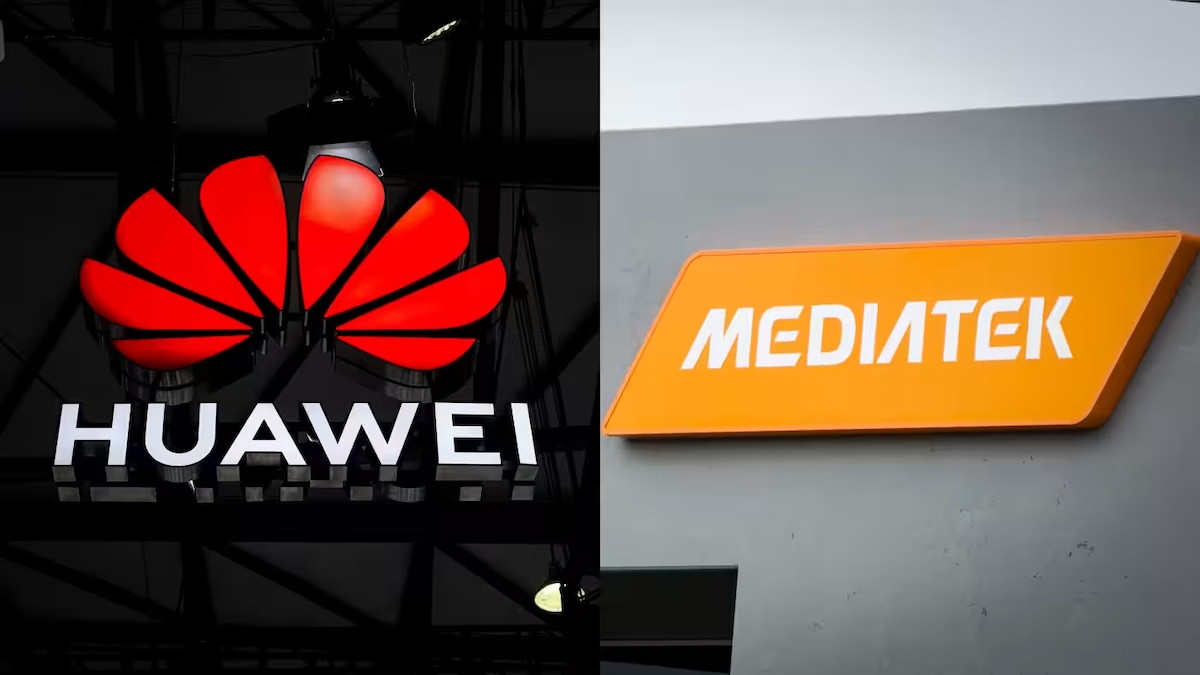
Meanwhile, a source from YicaiGlobal said MediaTek said Huawei's royalty request was too high. "MediaTek disagrees with Huawei on the amount of money to be paid for each patent. The outcome depends on Huawei's stance and whether the Shenzhen-based company intends to settle," the source said.
It is also the first time Huawei has sued a chipmaker, rather than a phone maker. If successful, the lawsuit could set a worrying precedent for component makers.
According to Tom's Hardware , MediaTek has many customers based in mainland China, so if it cannot reach a settlement and is banned from selling, the mobile chip maker could suffer heavy losses.
MediaTek is the world’s leading mobile chip supplier, with a market share of around 40% in the first quarter of 2024, ahead of Qualcomm and Apple, according to Counterpoint Research. Its customers include phone makers such as Samsung, Oppo, Sony, Vivo and Xiaomi, and Huawei by 2020.
Meanwhile, Huawei currently holds many standard essential patents (SEPs), which play a key role in wireless communication standards. For example, the group owns 20% of the world's 5G-related patents.
Since 2021, the Chinese telecom company has been trying to collect royalties through licensing agreements with many European car manufacturers such as BMW, Mercedes Benz, VAG. In 2022, Huawei earned $ 560 million from patent royalties. About 200 companies around the world, such as Amazon, Samsung, Oppo, currently have to pay to use Huawei technology.
Prior to MediaTek, Huawei sued T-Mobile in 2014, Samsung in 2016, and Verizon in 2020 over cellular connectivity patents. In 2022, the Chinese company continued to sue Amazon and Netgear over the use of Wi-Fi 6 and Wi-Fi 5 patents.
(Synthetic)
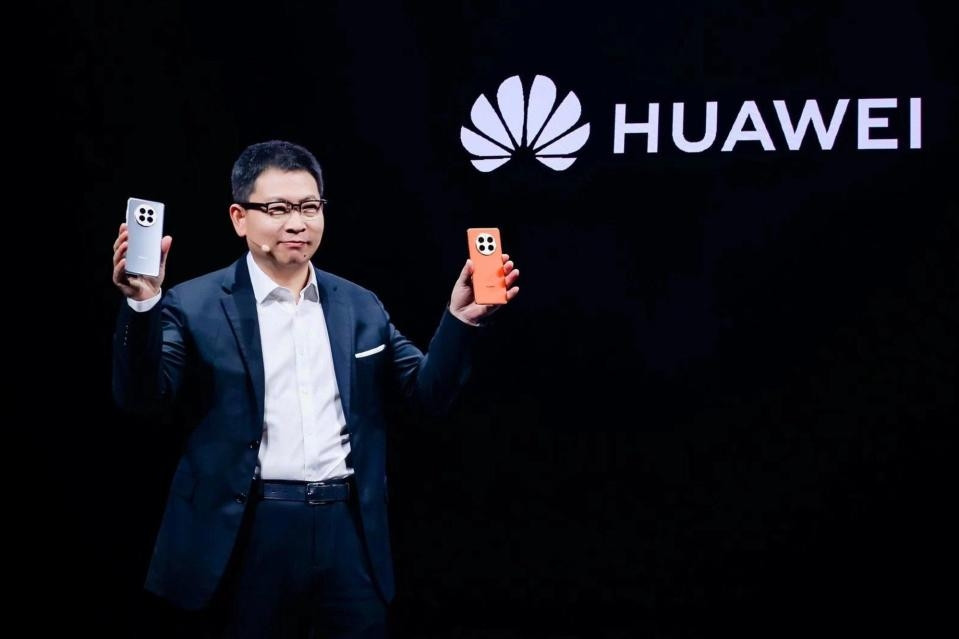
Source: https://vietnamnet.vn/huawei-kien-hang-chip-di-dong-mediatek-vi-pham-bang-sang-che-2304268.html


![[Photo] Opening of the 4th Summit of the Partnership for Green Growth and the Global Goals](https://vstatic.vietnam.vn/vietnam/resource/IMAGE/2025/4/16/488550ff07ce4cd9b68a2a9572a6e035)
![[Photo] Many practical activities of the 9th Vietnam-China border defense friendship exchange](https://vstatic.vietnam.vn/vietnam/resource/IMAGE/2025/4/16/3016ed3ef51049219574230056ddb741)

![[Photo] President Luong Cuong receives Ethiopian Prime Minister Abiy Ahmed Ali](https://vstatic.vietnam.vn/vietnam/resource/IMAGE/2025/4/16/504685cac833417284c88a786739119c)

![[Photo] National Assembly Chairman Tran Thanh Man meets with Ethiopian Prime Minister Abiy Ahmed Ali](https://vstatic.vietnam.vn/vietnam/resource/IMAGE/2025/4/16/c196dbc1755d46e4ae7b506c5c15be55)
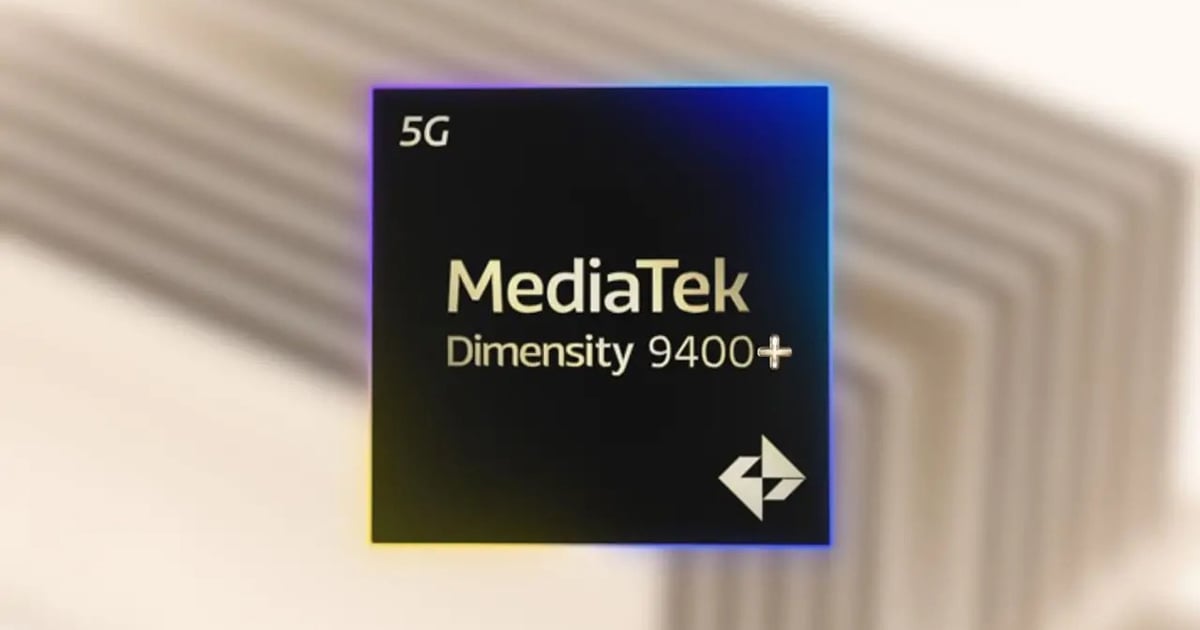





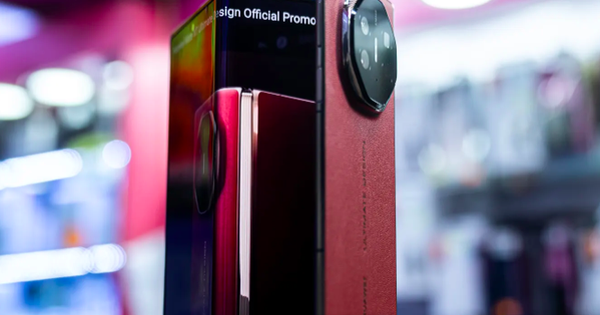
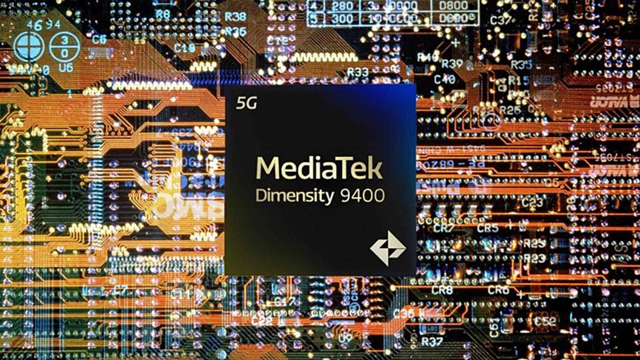





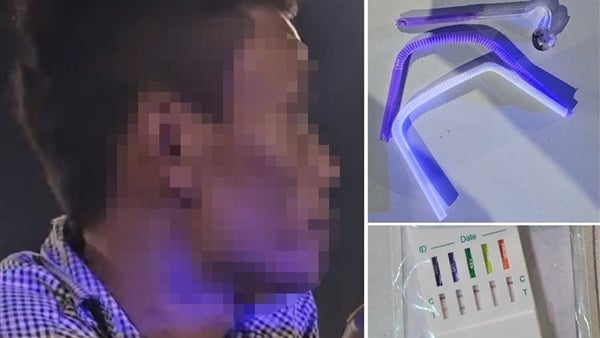










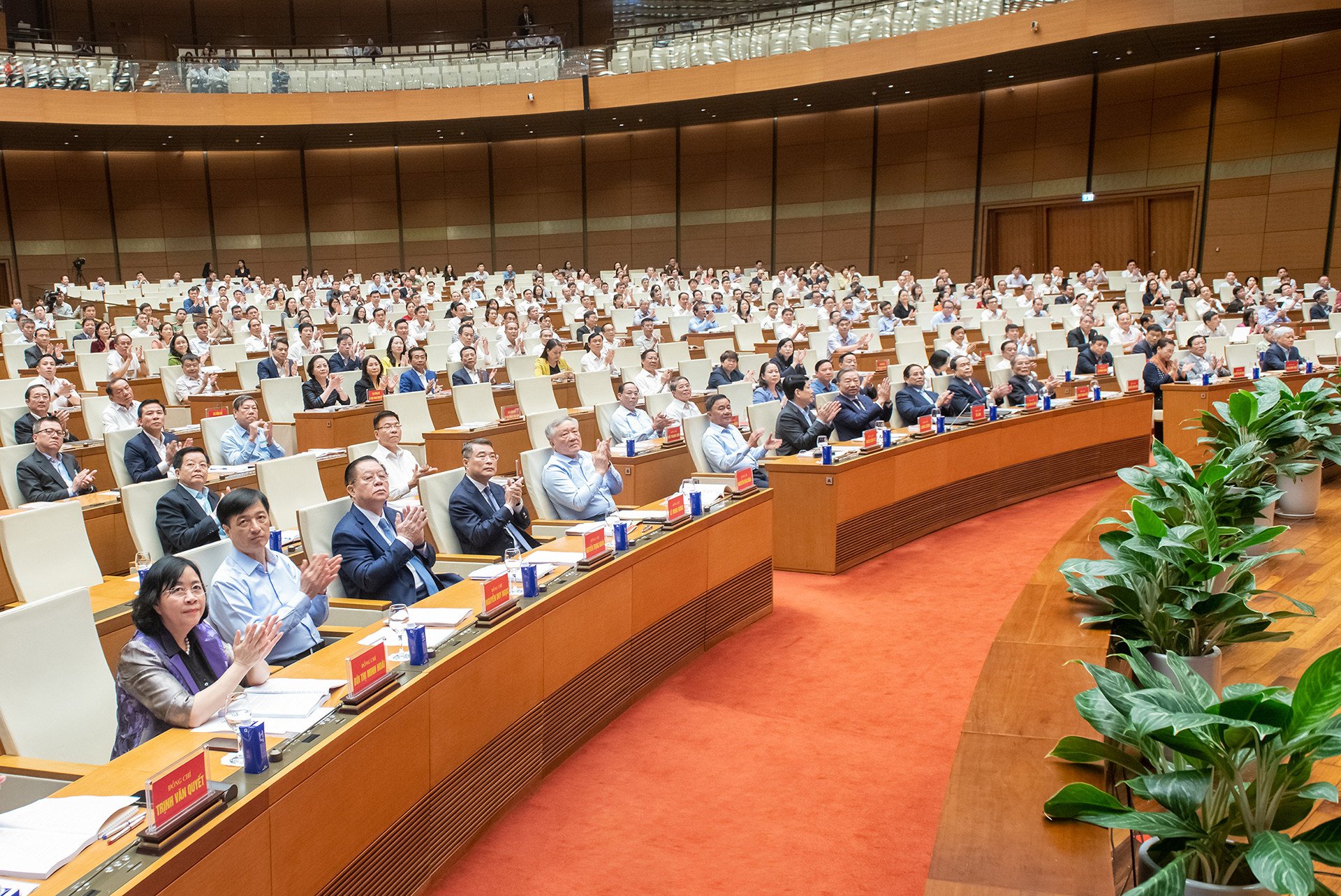

![[Photo] President Luong Cuong meets 100 typical examples of the Deeds of Kindness Program](https://vstatic.vietnam.vn/vietnam/resource/IMAGE/2025/4/16/ce8300edfa7e4afbb3d6da8f2172d580)











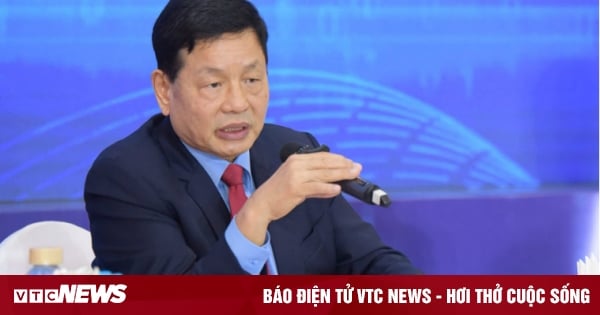




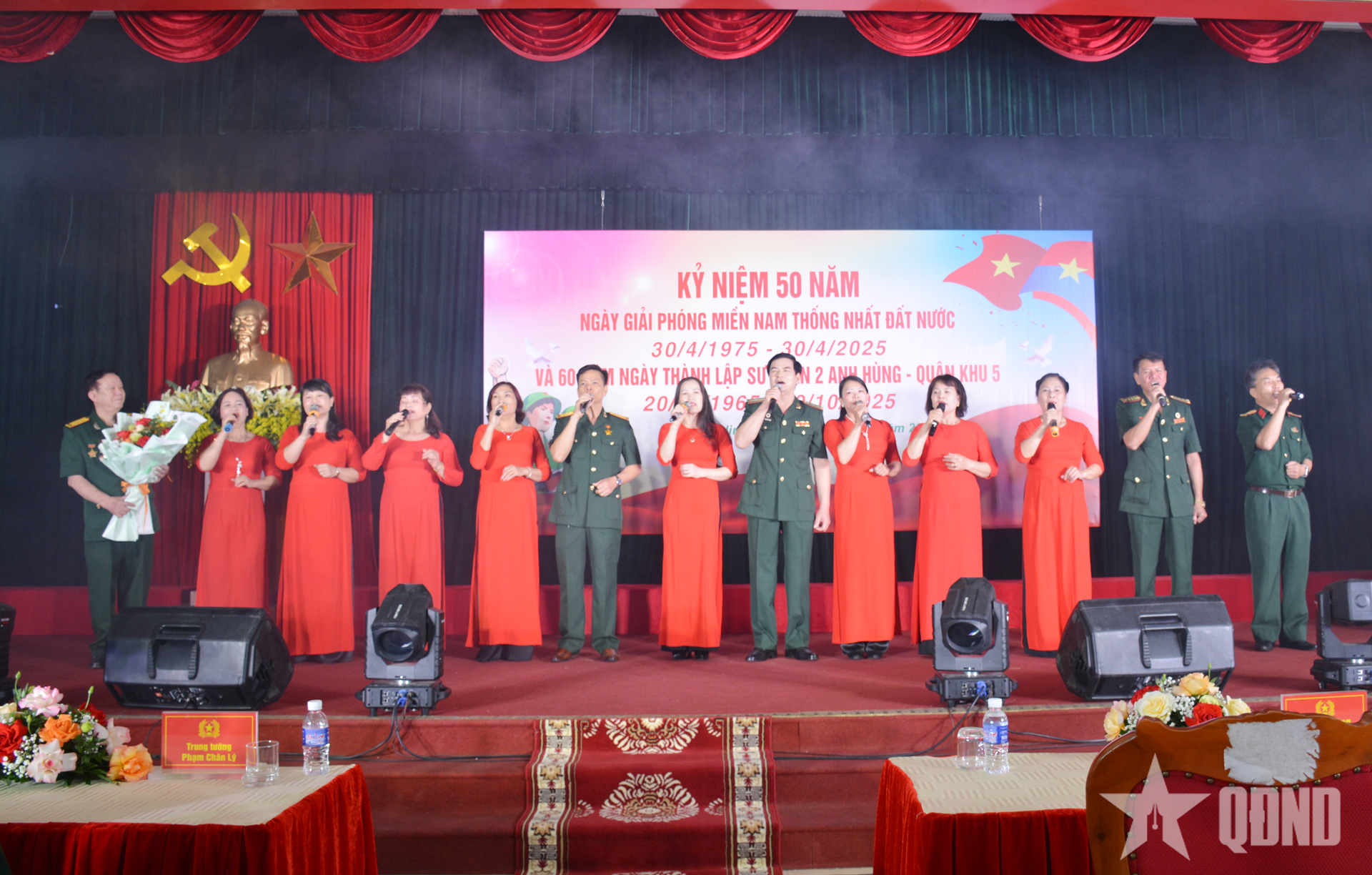









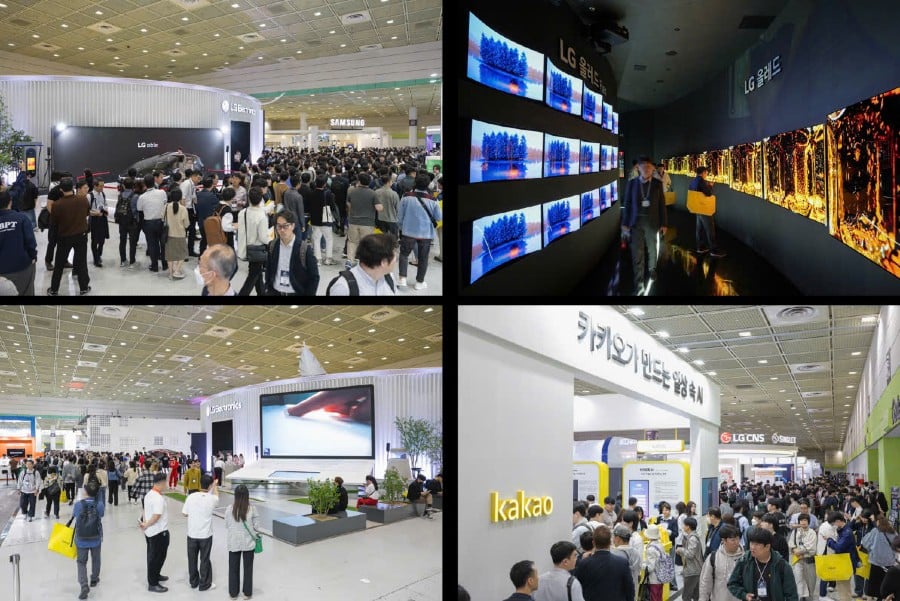






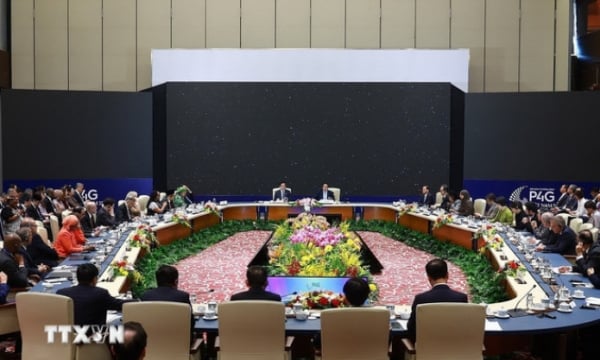


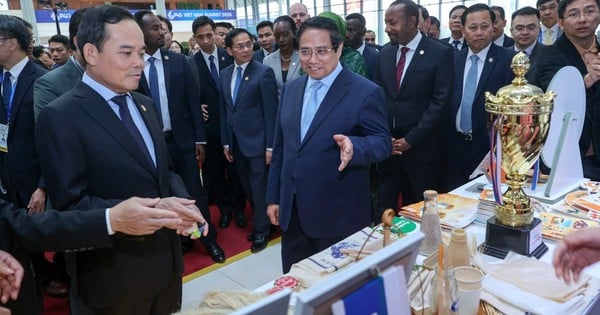

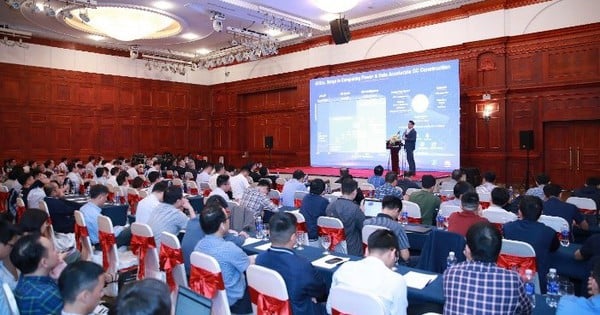



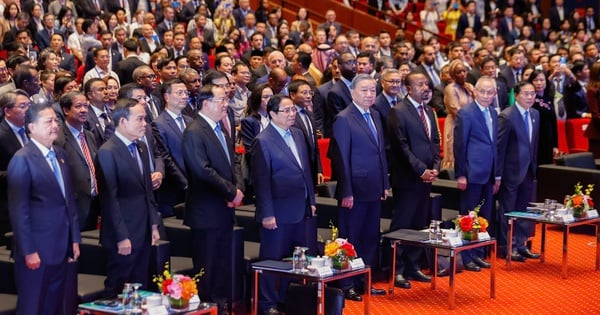




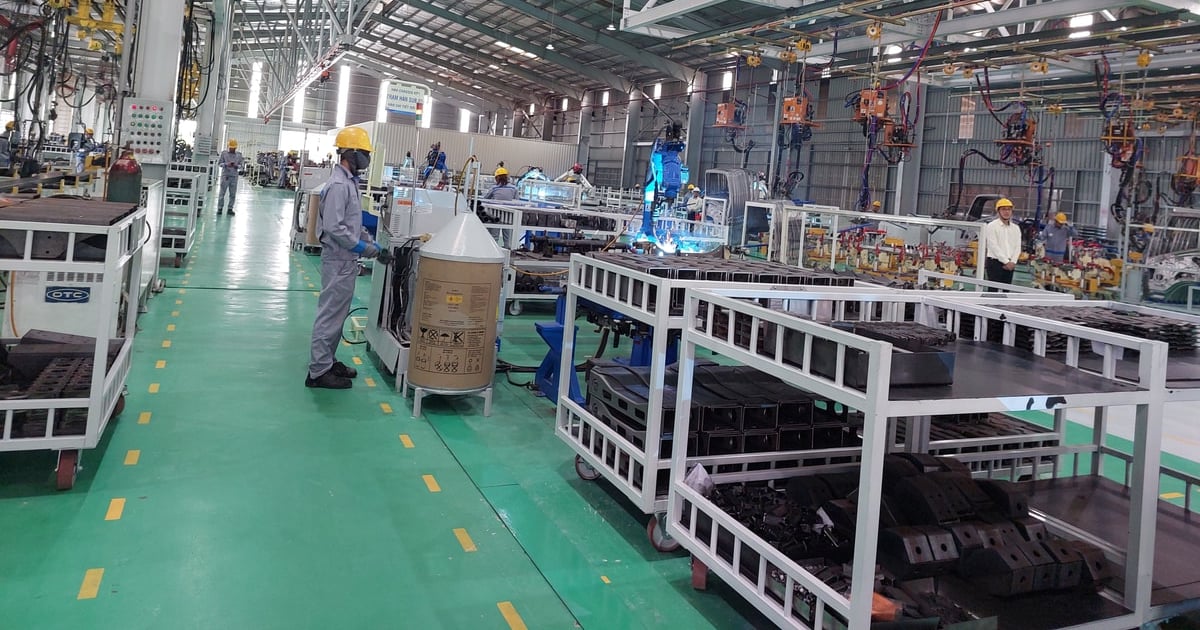













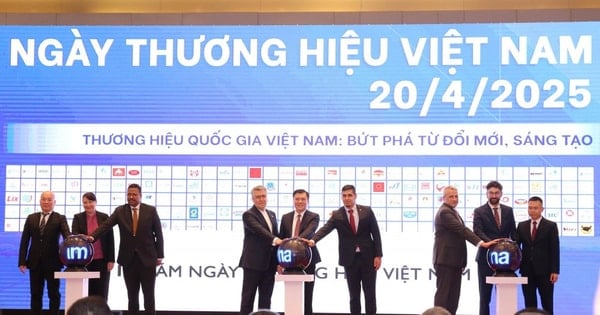

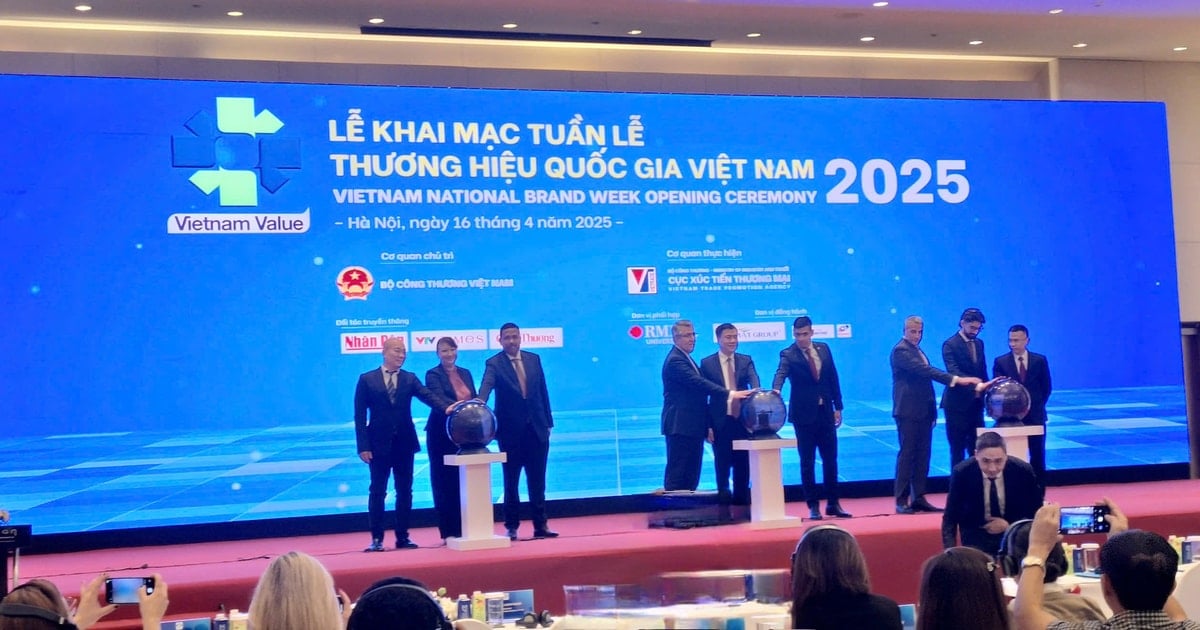



Comment (0)